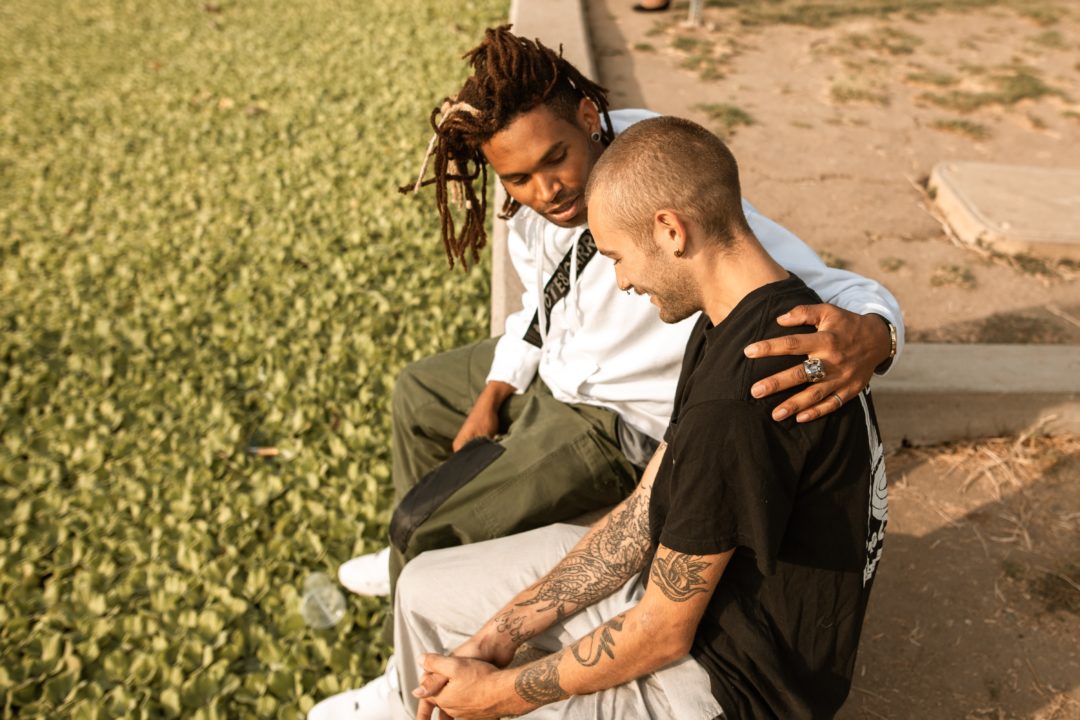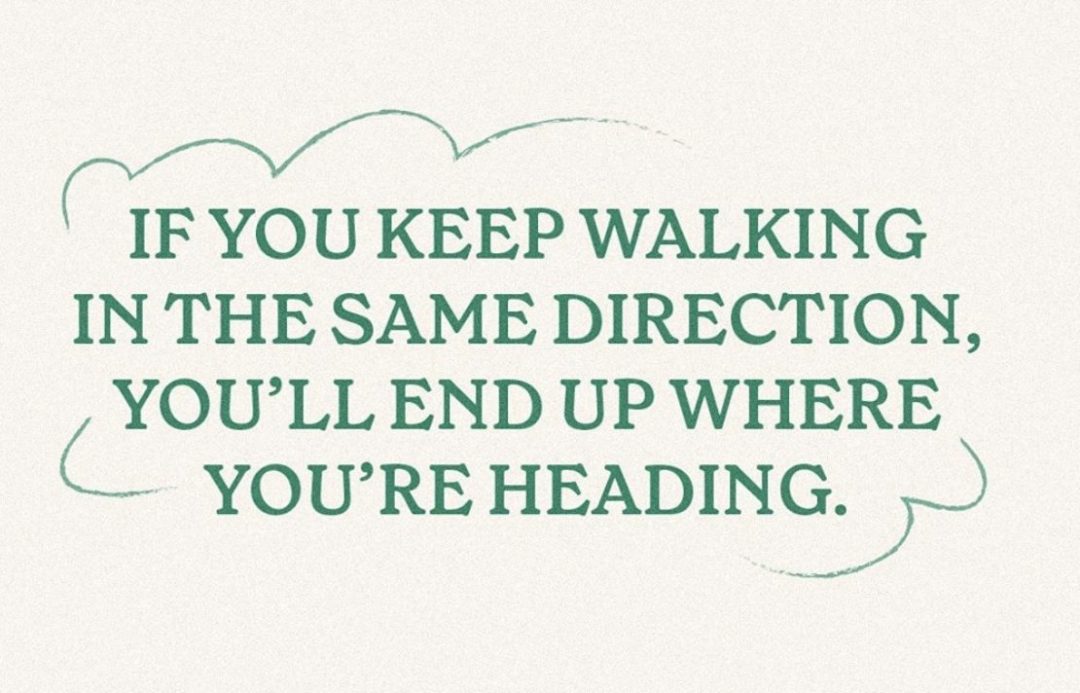If you’re concerned about your loved one’s relationship with alcohol, you are not alone. According to the National Institute on Alcohol and Alcoholism, in a 2019 study, 25.8% of the population reported they had engaged in binge drinking and those numbers have significantly increased since the onset of the pandemic. Unhealthy drinking habits can also manifest in other ways, and there are multiple types of drinking habits to be aware of. Your loved one may be among the 15 million people navigating an alcohol use disorder, which is characterized by drinking more than you want to and for longer than you want to, despite wanting to cut down. Whatever their specific drinking patterns might be like, it can be incredibly challenging to watch a loved one struggle to manage their alcohol consumption. Seeking more information on how to support someone in recovery is an act of love for your family member, partner, or friend; and a way to care for yourself.
First, let’s discuss why this can be so challenging.
It’s important to remember that your loved one’s ability to stop drinking is not a reflection of their love for you or even of their desire to cut down. In response to excessive alcohol use over time, the brain forms associations that make it incredibly challenging to stop drinking. Your loved one’s brain may have become dependent on alcohol and rewired to believe they won’t survive without it. Alcohol changes the brain chemistry by affecting neurotransmitters, including dopamine, serotonin, GABA (γ-aminobutyric acid), and glutamate. As alcohol use increases over time, the brain has even more difficulty achieving a balanced state known as homeostasis. When alcohol wears off, the brain craves more alcohol and if it doesn’t get it, the body can experience withdrawal symptoms. A recovering person struggles with a subconscious desire to drink and may feel defenseless against their alcohol cravings.
When observing this cycle from a distance, you may feel frustrated, let down, hurt, and afraid. You may feel discouraged, angry and have difficulty understanding why they just can’t stop or slow down their drinking. Your emotions are valid. Learning about alcohol use disorder can help you gain a deeper understanding of why making a change can be so difficult, alleviate any self-blame you are experiencing, and exhibit deeper empathy towards your loved one. Education is the first step. Then what? To illuminate your path towards collective healing, I’m going to answer frequently asked questions about how to support a loved one’s recovery.

How involved should I be in my loved one’s recovery?
Your loved one is accountable for their own recovery. Recovery support can be very important during this process, but you are not responsible for their relationship with alcohol. Taking responsibility for one’s own alcohol use is a critical component of the recovery journey, and you may need to set boundaries to clarify that. A productive place to start is by learning about codependent relationships and making sure you are focusing your energy on your own needs. To support yourself while supporting someone in recovery, you can join forums for friends and family and seek family therapy to help you establish healthy boundaries. Monument also has a moderated support group for friends and family. By prioritizing your own needs, you’re also giving your loved one the room they need to grow.
How do you strike a balance between empathy and tough love during a setback?
When your loved one drinks more than they had planned or wanted to, it’s okay to feel disappointed. They also may feel ashamed about losing control. Alcohol abuse numbs emotions, and a recovering person navigating alcohol use disorder may not be able to process their feelings in a constructive way. To find a productive path forward:
- Acknowledge the situation and confront your loved one by grounding yourself in facts.
- Discuss what happened after they drank too much and what they would have liked to have happened instead.
- Explain that you know that changing your relationship with alcohol is a journey and that it takes time.
- Acknowledge that your loved one is expected to do their part by taking an active role in their recovery.
Making progress together: For family, friends, and those in recovery
How can I help provide accountability without being overbearing?
Accountability is ultimately your loved one’s responsibility. However, they don’t have to practice accountability alone. They can connect in daily alcohol support groups, work with a therapist in alcohol therapy, and chat with other Monument community members.
While you aren’t expected to provide accountability, you can play a supporting role by helping your loved one establish clear and achievable goals. For many people struggling with alcohol use disorder, the thought of never drinking again is too overwhelming at the beginning of the recovery journey. Your loved one may choose to explore moderation to begin changing their relationship with alcohol, which can present its own challenges.

Let’s revisit the facts: moderation is challenging for many because dopamine is released in the brain when drinking alcohol. After one drink, the brain craves more dopamine. The continued release of dopamine with continued alcohol consumption makes it hard to stop at just a couple of drinks. During the early days of the recovery journey, you’ll likely see your loved one fight against these tendencies as they try to drink less frequently, drink smaller amounts, and wait as long as they can before they begin drinking. While it can be challenging for everyone involved, this is a time of growth. Your loved one will begin to prove to themselves that they have control over their drinking. During this period, there are many ways you can support their progress, including the following.
Provide honest and productive feedback
Simply state facts about their drinking. You can say something like: “You had more to drink last night than you intended to. Your goal was to drink fewer than three drinks, and that was surpassed.” Offering your loved one an objective perspective on their drinking habits can help them refocus on their goals without guilting or shaming. You can also share how their drinking habits affect you personally. Try to use “I” statements, examples, and references to your loved one’s behavior, not their character. Explore these tips on how to talk to a loved one about their drinking for additional pointers.
Keep it positive
Changing your relationship with alcohol is often a non-linear journey, and progress is more important (and more realistic!) than perfection. Encourage your loved one with uplifting social support. Try out using language like: “You can do this. Keep your focus on your goals. I believe in you.” Finding new ways to feel joy together can be a rewarding and powerful piece to the recovery process and can de-center alcohol from associations with satisfaction.
Remind them it’s a marathon, not a sprint
Let your loved one know that this journey can be a long one and that they will achieve their goals with time. Setbacks do not erase their progress or determine their future. Remind them of this. Ensure them that they can and will achieve their goals if they stay focused and continue to evaluate the challenging moments. Setbacks can be incredible teachers.
Have resources on hand
Remind your loved one that they do not have to do this alone. Support is available from a variety of resources, many at no cost. Monument offers moderated support groups and other expert resources. Alcohol use disorder is a complex medical condition, and there is absolutely no shame in using evidence-based tools like alcohol therapy sessions and medication to stop drinking to treat it.
Okay, how else can I support them?
In brief, you can help your loved one realize they have choices. Alcohol use disorder is often accompanied by anxiety and depression and can lead to feelings of helplessness. Alcohol is in itself a depressant, and your loved one may feel stuck in a cycle of using alcohol to cope with their uncomfortable feelings. Our brain’s chemical response to depression and anxiety can also contribute to the cycle.
The human brain tries to make sense of its surroundings by relating previous experiences with current life experiences. When we are depressed or anxious, life seems difficult, scary, and even overwhelming. Depression and anxiety decrease our ability to cope with challenges because our brain is trying to protect ourselves by reducing the choices we have to make. For example, when we are depressed, anxious, or overwhelmed, our brain gives us two options rather than the actual 5 or 6 choices we most likely have. This process can lead to diminished decision-making ability and difficulty focusing. The lack of perceived choices can leave us feeling helpless, hopeless, and stuck in unhealthy habits. Chemical changes in the brain may include a lack of dopamine, serotonin, and other neurotransmitters. To make a change, the negative feedback loop must be interrupted by a new way of thinking. To help them establish more self-efficacy, you can encourage your loved one to explore their options, consider other positive outcomes, and seek new support options from professional help like therapy sessions, online alcohol treatment and medication. If other options are not considered for your loved one’s recovery, then it’s likely the same behaviors will continue.

What should I avoid doing?
First, you should know that asking that question is in itself an act of compassion. Let’s reframe this question and put your loved one at the center: how can you support your loved one in avoiding triggers? Early in the recovery journey, it’s especially important to avoid people, places, and things that trigger alcohol use. More specific examples include removing alcohol from the house and avoiding the environment your loved one used to drink in, whether that be a certain restaurant, bar, or even a piece of furniture. Eventually, your loved one may no longer associate alcohol with these things, but it takes time and work. Creating a safe environment is a helpful way you can support your partner during early recovery.
In addition to avoiding triggers, supporting new healthy rituals is a great way to empower their progress. You might explore creating new celebratory rituals with alcohol alternatives, practicing mindfulness and breathing techniques, and engaging in other alcohol-free activities that bring you both joy.
As I’ve mentioned throughout, by showing up here and supporting someone as they navigate the alcohol recovery timeline, you’ve already done something incredibly meaningful for your loved one. Seeking information and resources shows compassion and care. The journey to long term sobriety or alcohol moderation is not easy. While your loved one’s recovery is ultimately up to them, your social support can mean the world to them and can encourage them along their path. Remember to take care of yourself because you are deserving of love and support too.
Disclaimer: Our articles and resources do not constitute clinical or licensed therapy or other health care services. If you need counseling or therapy services please contact a licensed provider. If this is a medical emergency, call 911.